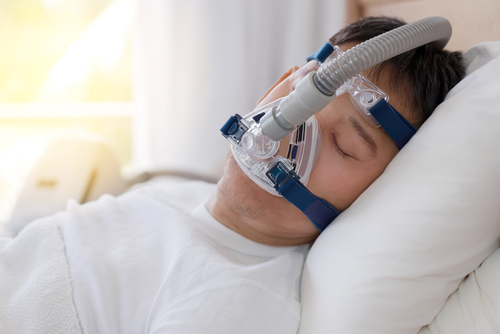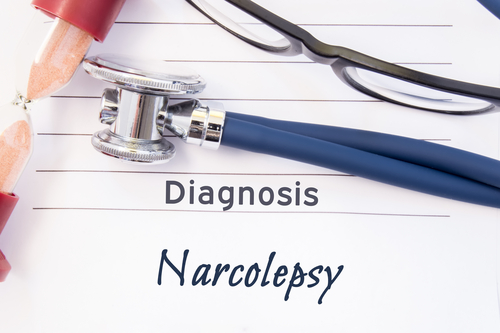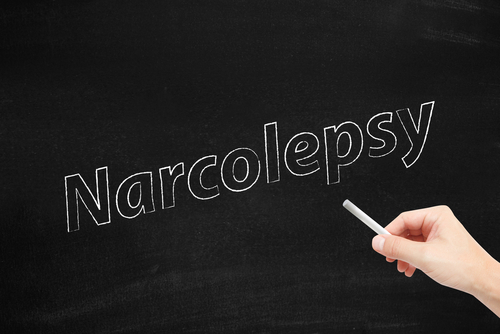Exploring the Link Between Obstructive Sleep Apnea and Heart Disease
By Gary Garcia-Molina, Rob Dillard - Last Updated: June 5, 2024It’s normal for your heart rate (HR) to drop while you’re sleeping. If it doesn’t drop, it could be an indicator of larger health issues. A study presented at SLEEP 2024 assessed the potential for smart beds to measure changes in HR during sleep (without needing to go to a formal sleep lab), which could be valuable for detecting cardiovascular risk.
Advertisement
DocWire News spoke with Gary Garcia-Molina, a study researcher and senior principal scientist at Sleep Number, about these results and how smart beds can help physicians gain a better understanding of sleep patterns in individuals with sleep apnea, which, if left untreated, can be a risk factor for heart disease.
Post Tags:obstructive sleep apnea
Advertisement







 © 2025 Mashup Media, LLC, a Formedics Property. All Rights Reserved.
© 2025 Mashup Media, LLC, a Formedics Property. All Rights Reserved.